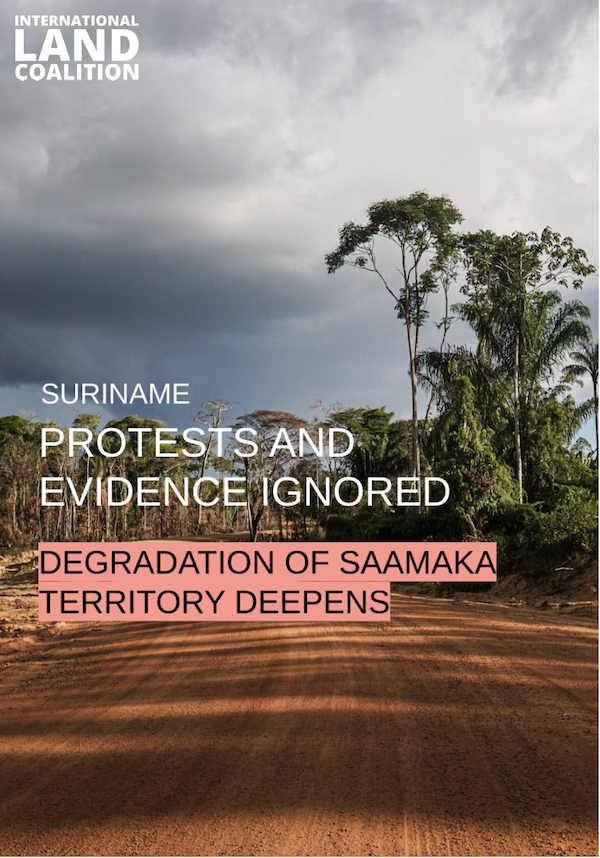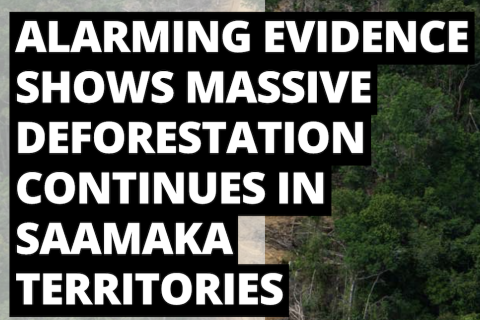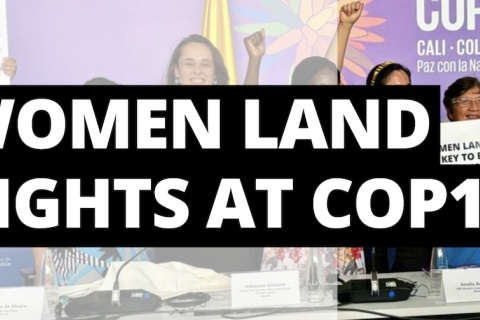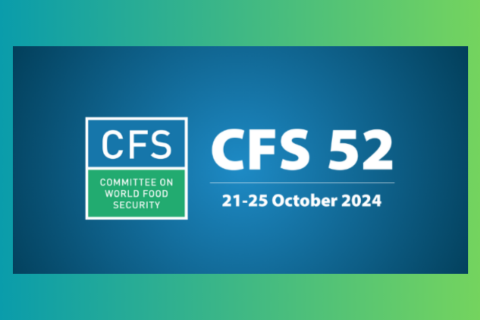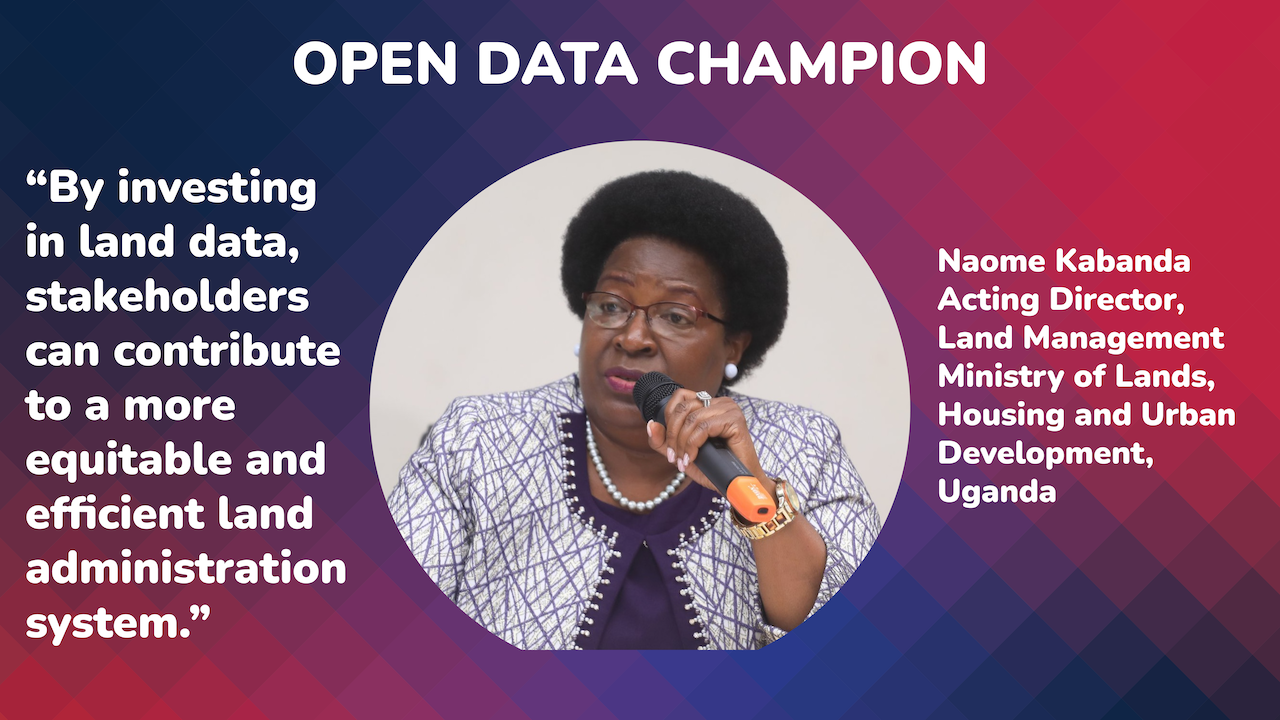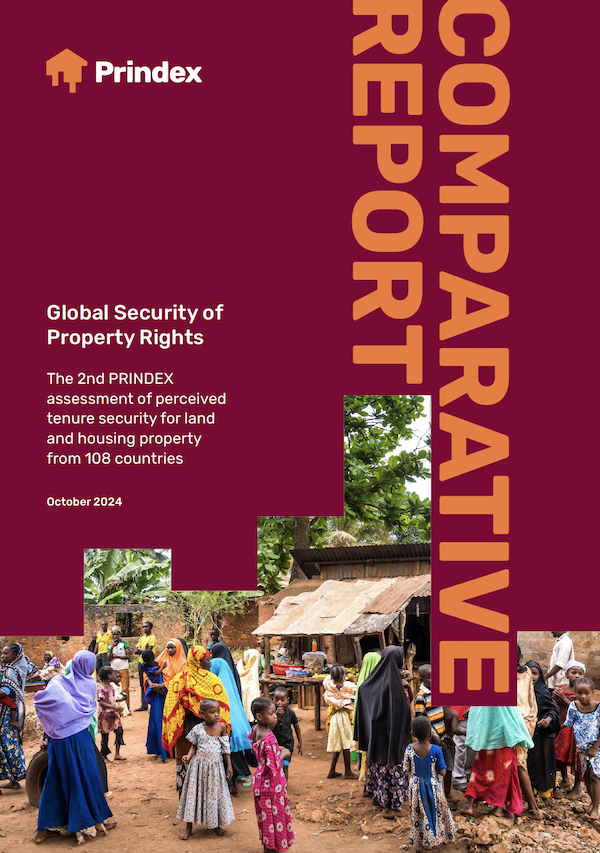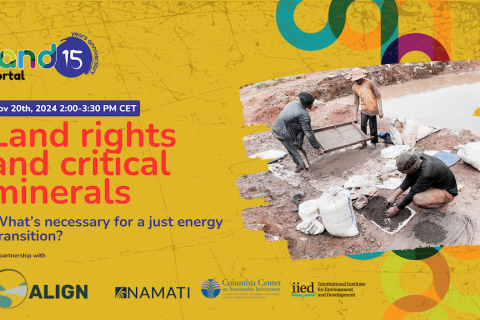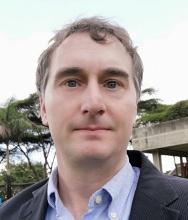
Topics and Regions
Neil Sorensen joined the Land Portal as its Communications Specialist in October 2015. He has extensive experience leading communications for international organizations and developing relationships with civil society, donors, intergovernmental agencies, the media and the private sector. Previously, Neil worked for the International Fund for Agriculture Development (IFAD) as a Governing Bodies Officer and Strategic Adviser to the Secretary of IFAD. He has also led communications for three international organizations, including the International Land Coalition, the International Federation of Agricultural Producers (IFAP) and the International Federation of Organic Agriculture Movements (IFOAM). He holds a Master’s degree in Global Diplomacy from the University of London School of Oriental and African Studies (SOAS) as well as a Bachelor’s degree with a double major in German and Sociology from St. Cloud State University.
Details
Location
Contributions
Displaying 21 - 30 of 1170Suriname Evidence and Protests Ignored: Degradation of Saamaka Territory Deepens
On the 28 of June 2024, the Forum of African Traditional Authorities (FATA) was officially launched in Addis Ababa, Ethiopia. This significant event marked a pivotal moment for traditional leaders across the continent, creating a unified platform to voice concerns, advocate for resources, and promote cooperation with governments on issues that affect their communities and nations.
Alarming evidence shows massive deforestation continues in Saamaka territories
Between June and September 2024, a 57% increase in forest cover loss has been recorded in Saamaka territory, compared to rates observed in the previous 6 years
77% of deforestation inside Saamaka territory has occurred after the 2007 Inter-American Court of Human Rights (IACHR) ruling in favour of the Saamaka People.
Women's Land Rights at COP16: the Key to Equitable and Effective Conservation
We, rural women from across the world play a crucial role in biodiversity conservation due to our deep-rooted knowledge of local ecosystems, traditional agricultural practices, and community-centred approaches to resource management.
Here, at COP16 we come together to demand our rights to land, as they are critical to continue our conservation work. Secure land tenure is the foundation that allows us to invest in sustainable practices, protect natural resources, and maintain biodiversity.
52nd Plenary Session of the Committee on World Food Security (CFS 52)
The 52nd Plenary Session of the Committee on World Food Security (CFS 52) was held from 21 to 25 October 2024 in Rome, Italy.
Sixteenth meeting of the Conference of the Parties to the Convention on Biological Diversity (COP 16)
The Conference encompassed the Sixteenth meeting of the Conference of the Parties to the Convention on Biological Diversity (COP 16), the Eleventh meeting of the Conference of the Parties serving as the meeting of the Parties to the Cartagena Protocol on Biosafety, and the Fifth meeting of the Conference of the Parties serving as the meeting of the Parties to the Nagoya Protocol on Access to Ge
Naome Kabanda
Global Security of Property Rights
In the framework of Prindex, the Global Land Alliance (GLA) conducts regular global surveys on the perception of land tenure security in more than 100 countries, amplified by in-depth country- and region-specific studies of tenure security. Since 2016, these have been implemented in Brazil, Burkina Faso, Colombia, India, Nigeria and Tanzania. Several countries, including Tanzania and the United Kingdom, and international organizations such as the United Nations Economic Commission for Europe, use Prindex data to report on U.N.
Land rights and critical minerals: what’s necessary for a just energy transition?
Job Opportunities: Content Editors for French, Spanish and Portuguese languages
The Land Portal Foundation seeks three dynamic and highly motivated content editors (one per focus language) to maintain the Land Portal website up to date with various resources in French, Spanish and Portuguese, as well as to support translation and promotion of this content. This is a part-time consultancy position.
Strategic Land Use Planning: A Pathway to Empowering Africa’s Youth
As we gather to discuss one of the most crucial topics for Africa’s future—strategic land use planning—the importance of youth land rights cannot be overstated. Based on my reflections and experiences that I prepared for the Fourth International Conference on Youth and Land Governance in Africa (CIGOFA4), I’d like to highlight why securing land rights for young Africans is essential for our continent’s progress.

